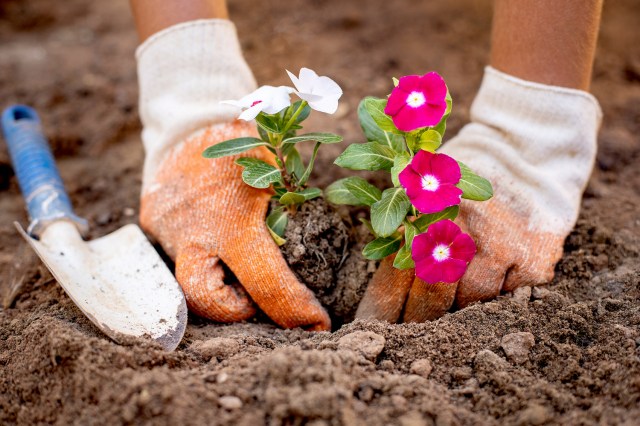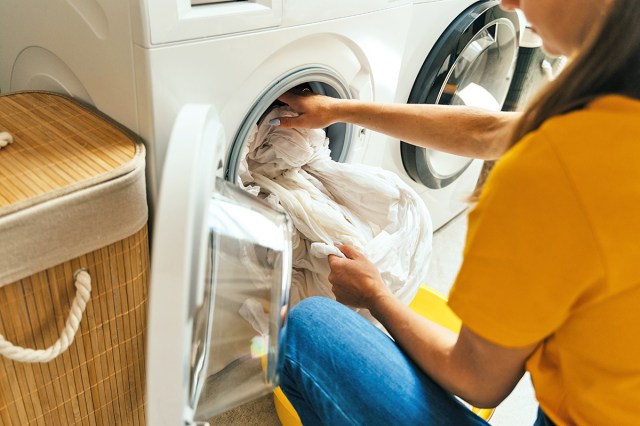April may be the most popular month to celebrate the planet we live on, and it’s not just because of spring’s arrival. Officially dubbed “Earth Month,” April is packed with nature celebrations, including Earth Day (April 22) and Arbor Day (the last Friday of the month). However, celebrating the world doesn’t have to stop when the month ends. Some minor changes within your home take just a few minutes but can have benefits all year long. Here’s how to reduce your environmental impact and create a more planet-friendly home with little effort.
All featured products and deals are selected independently and objectively by the author. Better Report may receive a share of sales via affiliate links in content.

Automate Your Home’s Thermostat and Lights
Transforming your house into a smart home isn’t just about convenience — using a smart thermostat or adding smart plugs that can be controlled from your phone can help save energy. These devices can automatically adjust temperature or lights based on the weather, time of day, or personal preferences, and many track energy usage to help you save power and reduce your electricity bill.

Use a Microfiber Laundry Filter
The stretch in sweatpants, workout clothes, and other apparel often comes from synthetic materials. While these fibers do a great job of wicking sweat and keeping you comfortable, they can shed microscopic plastic particles during washing that eventually become waterway pollution. Adding a microfiber filter to your washing machine setup can capture many of these tiny plastic threads — some filter brands claim as much as nearly 90%.

Swap Disposable Batteries for Rechargeable Versions
Buying fresh batteries isn’t friendly on the wallet or the planet. The solution: swapping from one-time-use versions to rechargeable options. Rechargeable batteries have an average lifespan of about five years and can be recharged anywhere from 500 to 1,000 times.
Reader Favorites
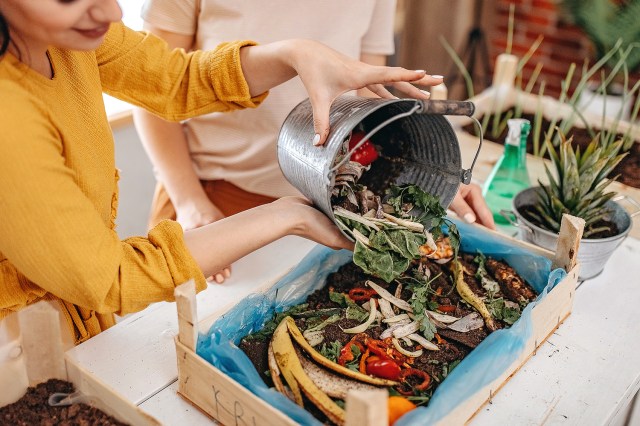
Set Up a Composting System
There’s nothing particularly new about the call to compost, though managing food waste and keeping it out of landfills is tremendously beneficial. About 80 million tons of food are trashed in the U.S. annually, accounting for 38% of all food meant for human consumption. As it breaks down in landfills, old food produces carbon dioxide, off-gassing the same annual amount of CO2 as 42 coal-fired power plants. Building your own compost pile, purchasing an enclosed rotating model, or signing up for a residential composting service in your area can repurpose food waste.
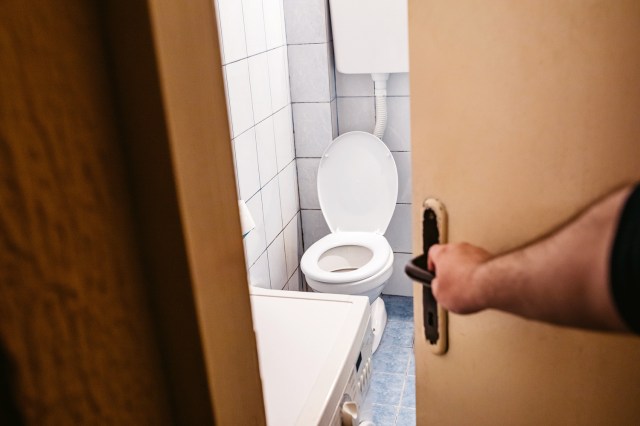
Install a Bidet in Your Bathroom
Americans use more toilet paper than any other country, at an estimated 34 million rolls daily. While many households became acquainted with bidets in recent years thanks to pandemic toilet paper shortages, adding one now voluntarily can help reduce your toilet paper consumption.
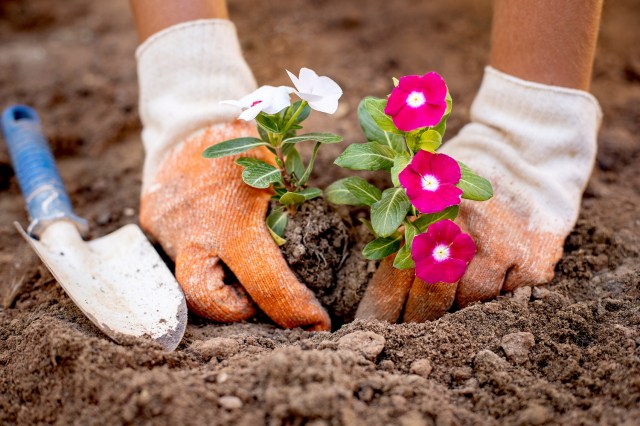
Plant Native Garden Species
Filling your garden with native plants — aka those that grow naturally in your region — can reduce your yard work to-do list while saving water, fertilizer, and other resources. Native plants often require less care since they’re biologically adapted to the ecosystem. Plus, these plants tend to attract regional pollinators and work better with microorganisms in the soil to create a healthy miniature ecosystem.
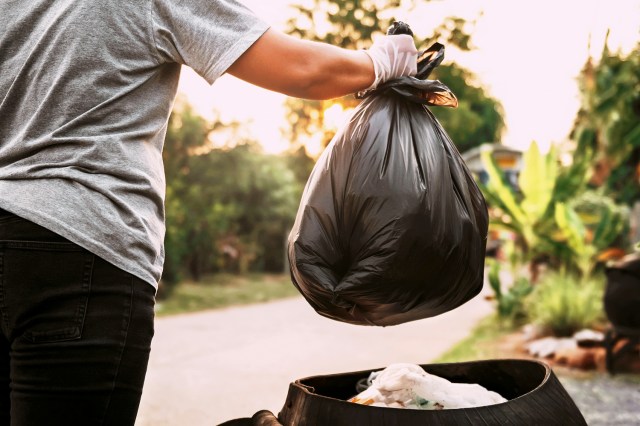
Eliminate VOCs From Your Home
Some products in our homes — like paint, pesticides, and aerosol sprays — contain volatile organic compounds (VOCs). When released into the air, these gasses can pollute indoor air and cause adverse health effects like headaches, nausea, and respiratory irritation. Safely disposing of unused chemicals, storing them properly, and only buying the amount you need can reduce VOC exposure and improve your home’s air quality.

Purchase Quality Home Items That Last
Many sustainability experts recommend shopping for home goods like furniture, kitchenware, and clothing with longevity in mind. Selecting high-quality, well-made household items means they’ll likely last longer with regular use compared to poorly designed versions that will likely wind up in a landfill sooner. While not every object that enters your home requires permanent residency, keeping an item’s lifespan in mind can help you choose quality versions that last.
Featured Image Credit: Gulcin Ragiboglu/ iStock
More From Our Network
Better Report is part of Optimism, which publishes content that uplifts, informs, and inspires.
